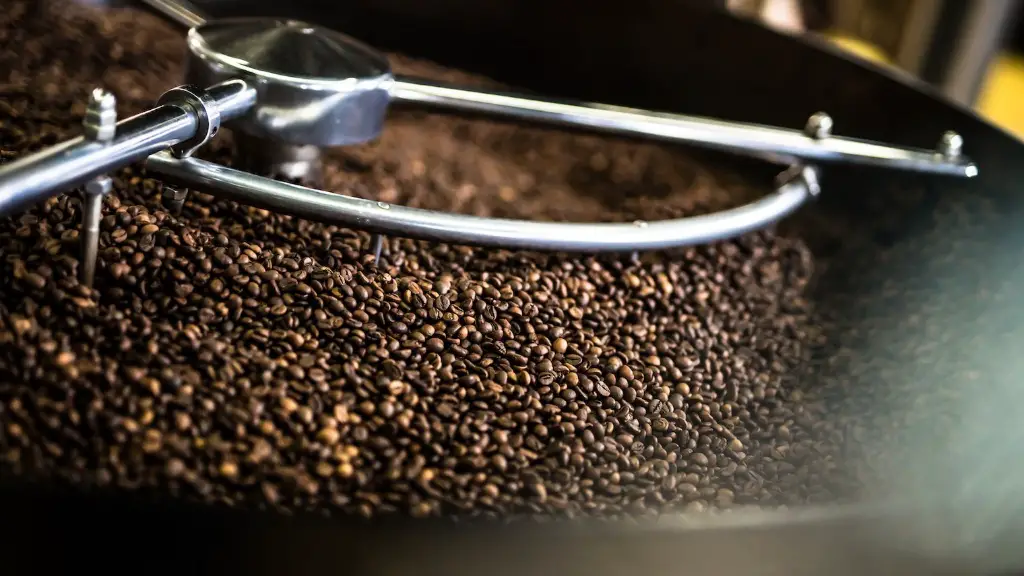Coffee before exercise is controversial among athletes who strive to optimize their physical performance. Some insist that drinking coffee before exercise can help burn fat, while others refute this claim. So what is the truth? Is there any scientific evidence to support it? This article aims to discuss and analyse the effects of coffee before exercise on fat loss.
Firstly, caffeine is a stimulant that can enhance performance and raise alertness for prolonged periods of time. A 2012 study revealed that caffeine can increase the amount of fat burned during exercise by up to 10%. This suggests that caffeine can provide an energy boost, which can in turn improve the work rate, resulting in an increased burn of fat.
However, other studies report that the effects of caffeine on fat burning are not as significant as once thought. A 2018 study conducted by the University of Arkansas found that caffeine did not have a notable effect on the amount of fat burned during exercise. The lead researcher suggested that the results of previous studies may have been largely influenced by caffeine’s stimulating properties.
Additionally, some studies have indicated that caffeine has the potential to limit fat-burning by inhibiting metabolism. This can also have a negative effect on performance, meaning athletes may not reach their maximum potential when caffeine is consumed before a workout.
Nevertheless, other experts disagree and highlight the potential benefits of caffeine before exercise. Nutritionist Carol Joseph believes that drinking coffee before exercise can help burn fat and can also improve endurance. She argues that caffeine can boost metabolism and reduce the amount of carbohydrates needed for exercise, possibly resulting in an increased fat-burning effect.
Overall, it appears that coffee before exercise has the potential to help burn fat, although the effects may be limited. Evidence for the overall benefits is still inconclusive and more research is needed to determine its full effects.
Caffeine and Performance
Caffeine is clinically acknowledged as a performance enhancer and is widely consumed by athletes prior to exercise. According to a recent 2020 study, ingesting small doses of caffeine can make exercise feel less difficult and improve physical performance. Additionally, further research has suggested that ingesting small doses of caffeine before exercise can have a positive effect on reaction time, concentration and alertness.
However, it is important to note that the performance-enhancing effects of caffeine can depend on the individual. For some people, too much caffeine can lead to adverse reactions such as jitteriness and excessive sweating. Furthermore, caffeine has been linked to irritability and increased heart rate, meaning it may not be suitable for those with existing health conditions.
Overall, ingesting small amounts of caffeine before exercise may lead to improved performance and heightened alertness. Ultimately, however, athletes should consider their individual needs before ingesting caffeine prior to physical activity.
Practical Aspects to Consider
When attempting to burn fat, in addition to caffeine, there are other practical aspects to consider such as pre-exercise nutrition and the type of exercise. Nutrient-dense foods such as fruits, vegetables, nuts and seeds provide essential vitamins, minerals and proteins, which can fuel performance and optimize fat-burning potential.
Similarly, depending on the goal, the intensity of exercise needs to be considered. Moderate-intensity exercises such as walking, jogging and cycling can increase fat-burning potential. However, higher-intensity exercises such as sprinting, HIIT and plyometrics can provide a more efficient way to burn fat.
Overall, there are a number of practical considerations that can potentially help with fat-burning. Although ingesting caffeine before exercise may have a role to play, additional lifestyle factors should also be taken into account.
Caffeine Alternatives
Although coffee is the most popular stimulant, there are several other caffeine-containing beverages, such as tea and energy drinks, which may provide a different, yet beneficial, effect. Herbal teas, in particular, have recently become popular among athletes who strive to optimize performance. Some of the most popular herbal teas include chamomile, peppermint and ginger tea, which are believed to reduce inflammation and improve recovery.
Other caffeine-free alternatives, such as matcha, turmeric and maca, can be added to smoothies for a healthier boost. These contain natural stimulants as well as antioxidants, which are thought to reduce the oxidative damage caused by exercise. Additionally, B vitamins such as thiamine, riboflavin and niacin can assist with the conversion of carbohydrates into energy and are found in plant-based meals and fortified cereals.
Overall, there are numerous caffeine-free and plant-based alternatives which can be consumed before exercise to potentially improve performance and optimize fat-burning potential.
Combatting Caffeine Dependence
Regular caffeine consumption has been linked to dependency, which can lead to withdrawal symptoms if usage is ceased or decreased. To reduce dependency on caffeine, athletes should seek to find other sources of energy prior to exercising. Some viable alternatives include regular sleeping patterns, hydration and consuming nutrient-dense meals full of vitamins, minerals and proteins.
In addition to this, physical activity can also help provide natural energy. Bodyweight exercises such as squats, burpees and press-ups can be performed at home and will help provide an energy boost throughout the day. Supplementing caffeine with other sources of energy may help to reduce dependency and improve physical performance.
Finally, it is important to monitor caffeine intake and ensure that it does not exceed 400mg per day. Consuming more than 400mg of caffeine can lead to jitteriness, increased heart rate and potential dependence. Exceeding the recommended dosage can also lead to headaches and fatigue, resulting in a decrease in performance.
Overall, regular caffeine consumption is linked to dependence, which can ultimately have a negative effect on performance. Consequently, athletes should supplement caffeine with other sources of energy and be cognizant of the daily recommended dosage.




